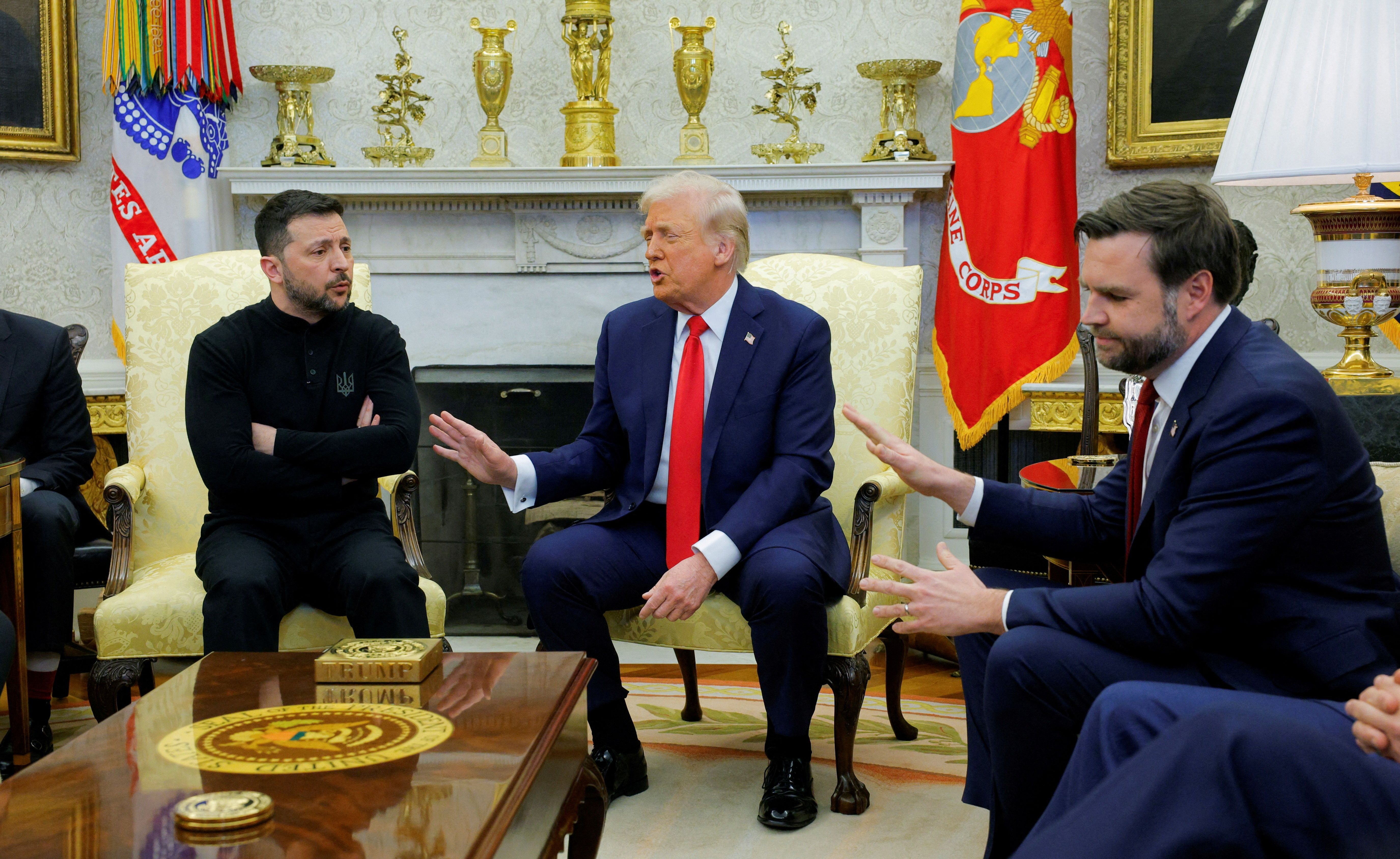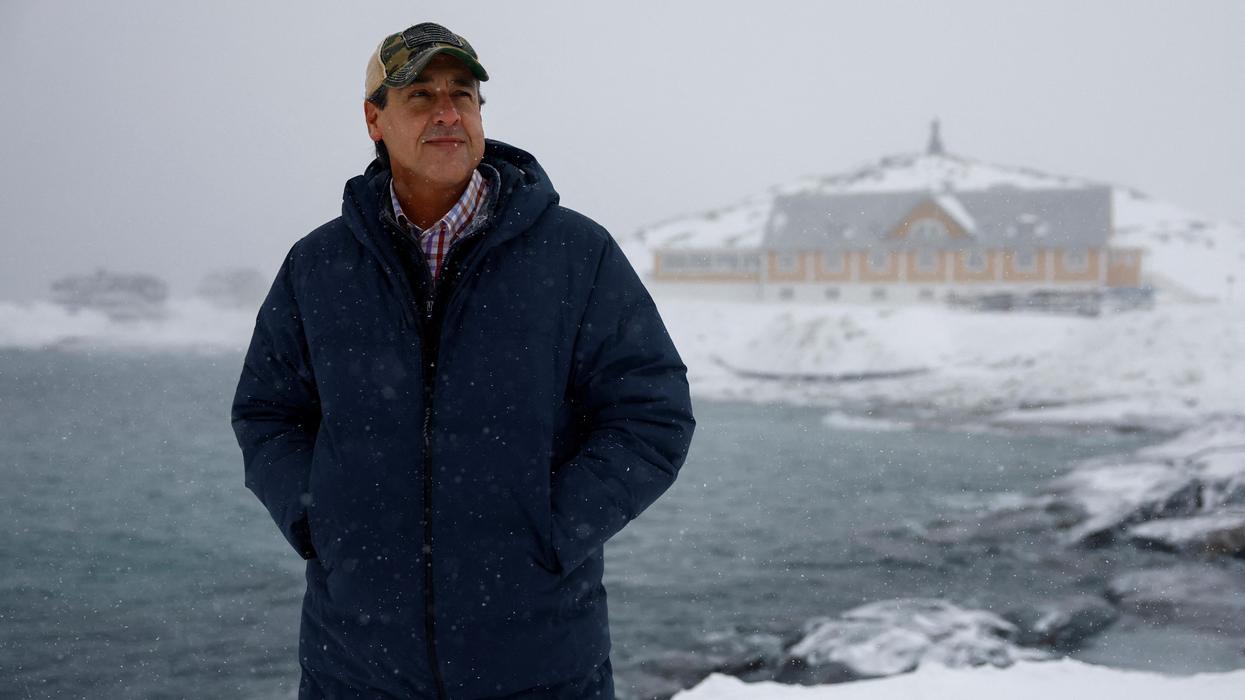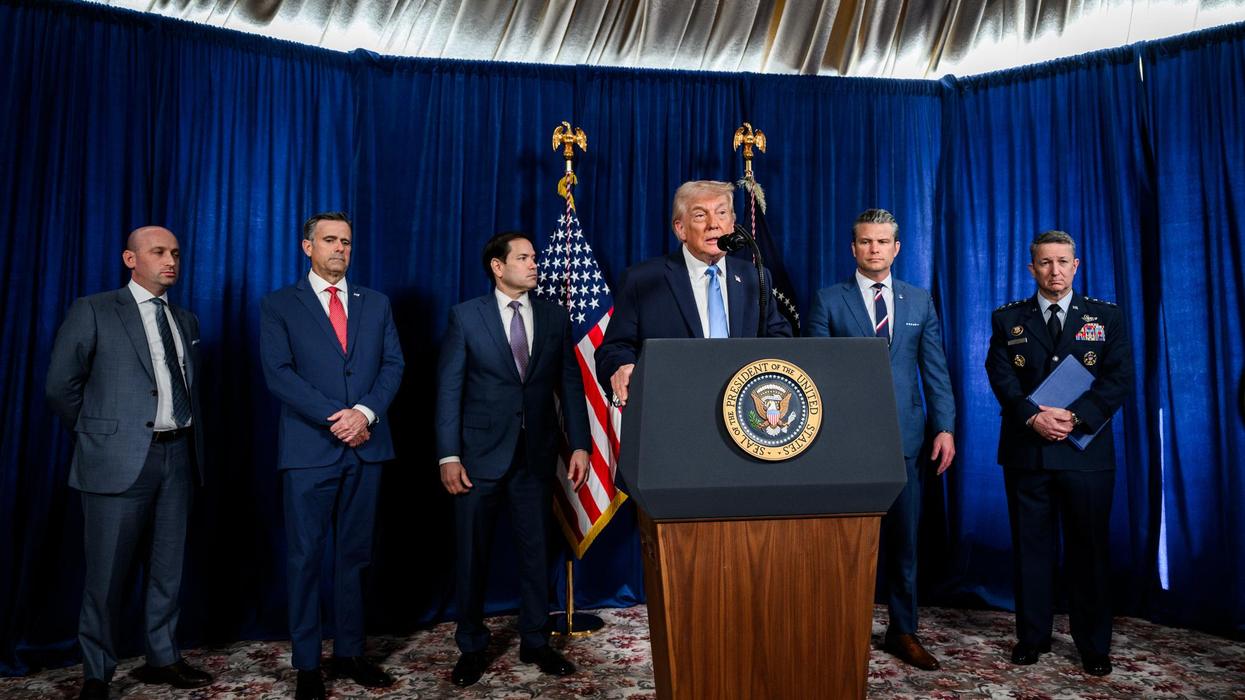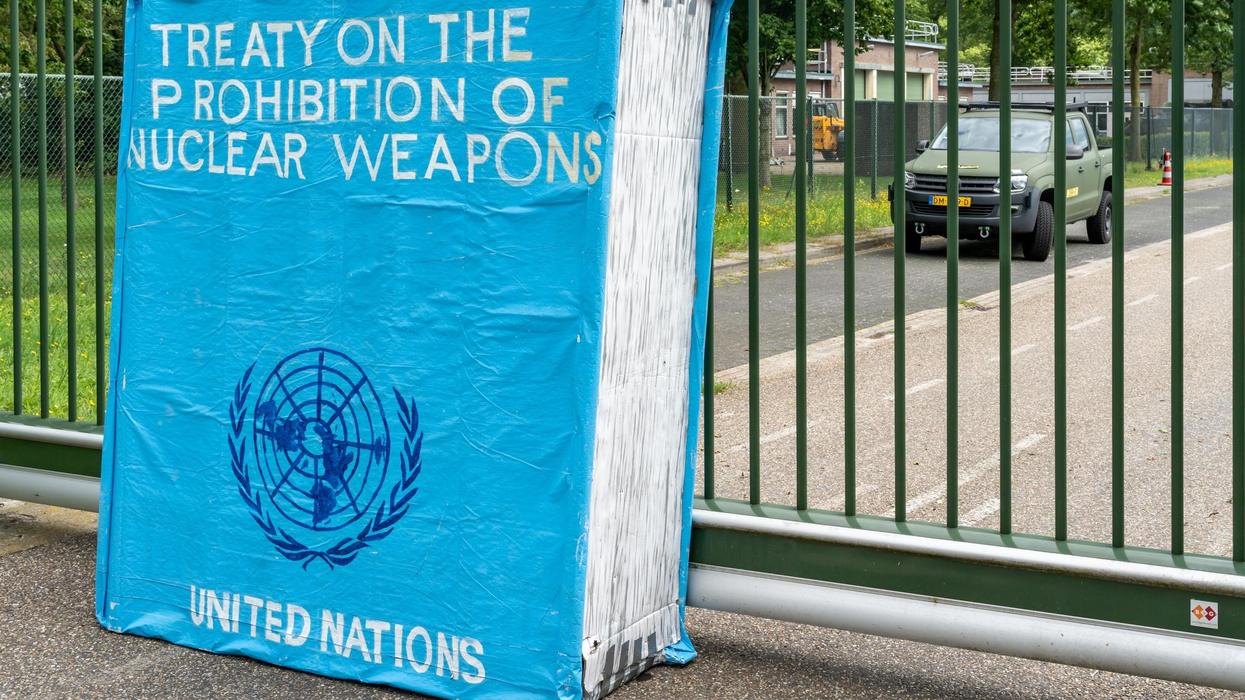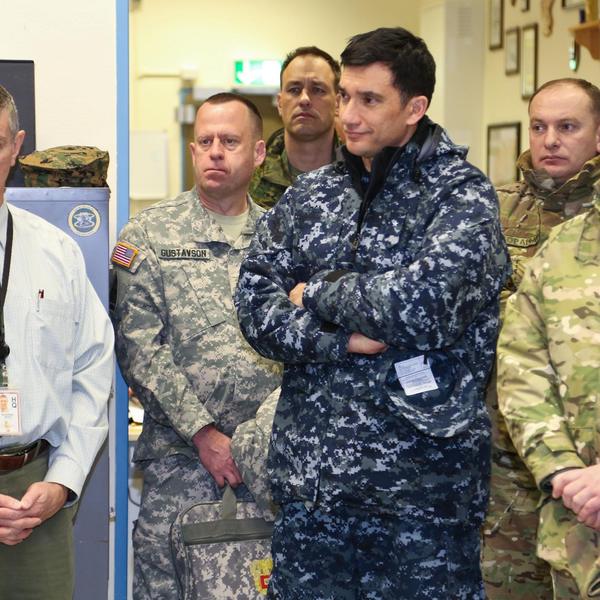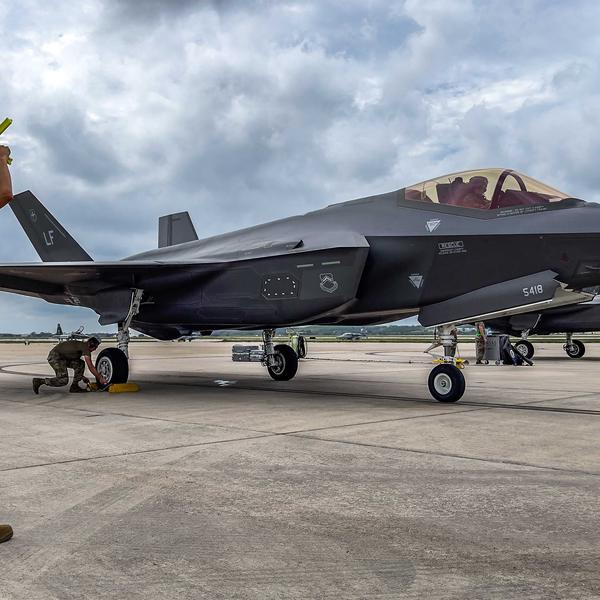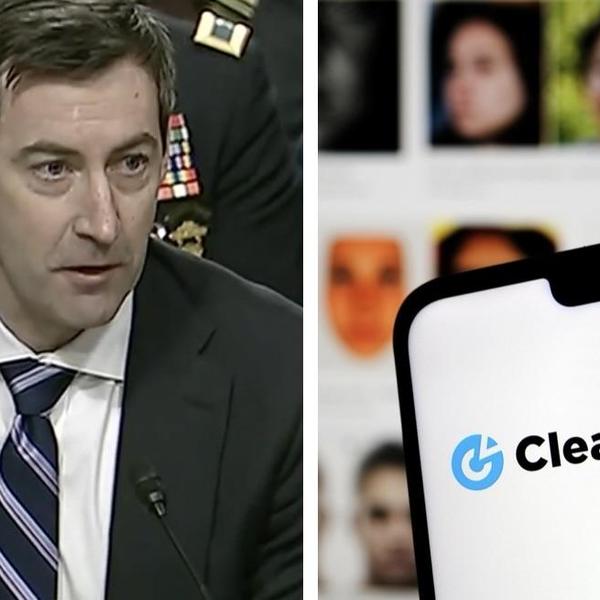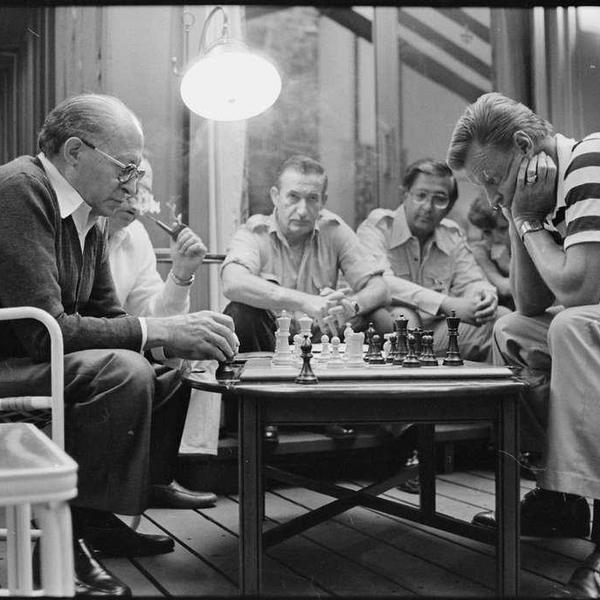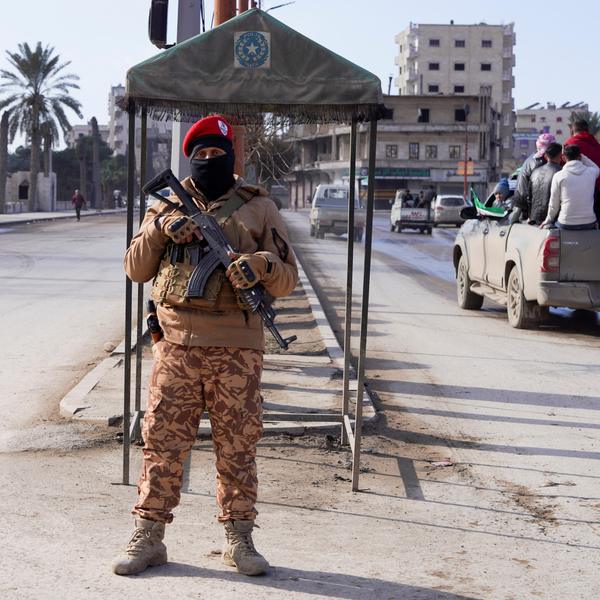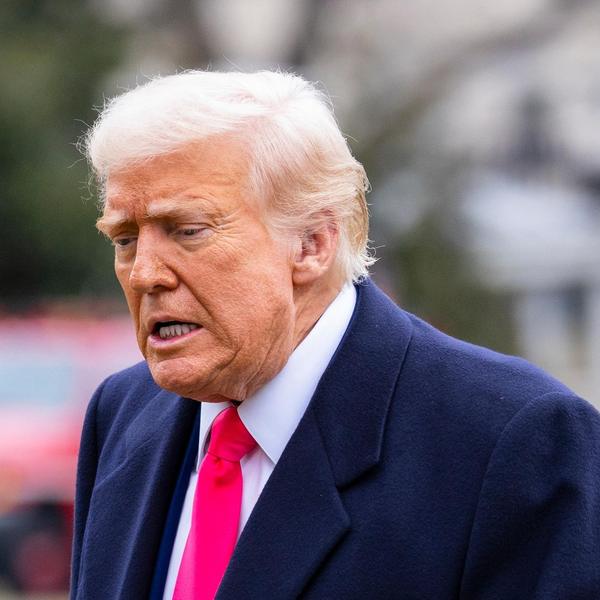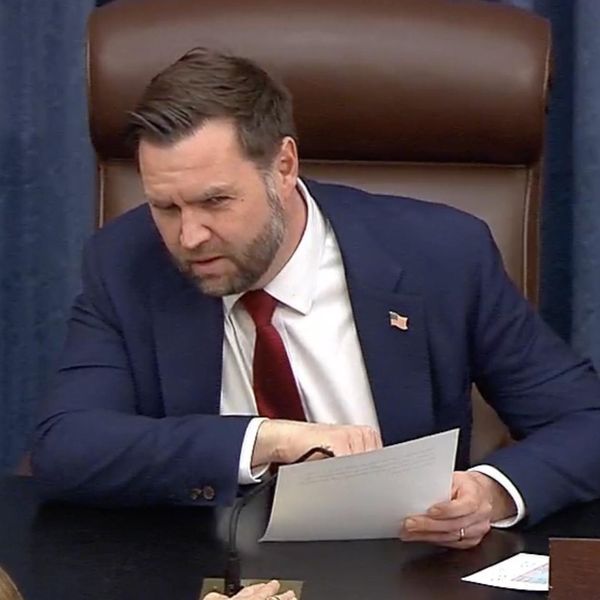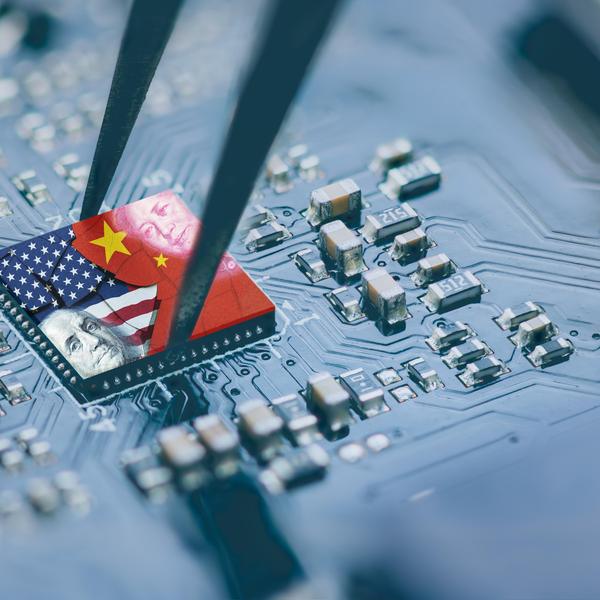The sort of clash that occurred between President Trump and Vice President Vance and President Zelensky is common enough between leaders in private. As a public spectacle however it is almost unprecedented, and certainly in the surroundings of the White House. There was fault on both sides for the way things got out of hand; but Zelensky was the more foolish participant, because (as Trump pointed out) he is the one in the weak position.
There were multiple reasons for this diplomatic debacle, but the most important was a fundamental divergence of views on how the war began and how to end it. President Zelensky, like many people in the U.S. and European establishments, puts all the blame for the war on Russia, believes that the Russian government is not only still pursuing not only maximalist aims in Ukraine, but intends to attack the Baltic States and NATO.
Zelensky therefore does not really believe that a negotiated settlement is possible or will last; unless that is NATO European members provide a force to defend Ukraine with the full backing of the United States. Since the Russian government has repeatedly rejected this idea, setting it as a condition in talks would mean that there will be no peace settlement and the war will continue indefinitely.
Based on their own view of the world and international relations (shared in private by a good many tough-minded members of the U.S. establishment) Trump and Vance by contrast believe that Russia had certain legitimate reasons to see Western ambitions in Ukraine as a threat to its security and vital interests. They see this war as part of a broader geopolitical conflict between the West and Russia over NATO expansion and Europe’s security order. Absent diplomacy, they think the spiral of action and reaction in this geopolitical conflict will only escalate, risking, in Trump’s words, “World War III.”
Trump and Vance see Putin as a ruthless but rational actor (much, perhaps, as Trump sees himself) who will make a deal and stick to it if it meets Russia’s essential conditions. They do not believe that Putin has any intention of going on to attack NATO. Above all, they are determined not to make any more U.S. security commitments in Europe beyond NATO’s existing borders.
They were therefore furious when Zelensky at the press conference put public pressure on them to promise a U.S. military “backstop” for a European “peacekeeping” force in Ukraine. And while Trump’s words about Zelensky have been extremely undiplomatic, in another reply to a question he did utter some diplomatic common sense: “You want me to say terrible things about Putin and then tell him, ‘Hey, Vladimir, how about a deal?’” Trump also stated something that should be a truism, but has too often been forgotten by the U.S. foreign and security establishment: that his primary responsibility is to the United States of America.
Zelensky for his part does not seem to have understood the very different character of the Trump administration from that of Biden or the European governments. Zelensky and other Ukrainian officials became used to criticizing Western governments in public for not giving enough aid to Ukraine, and going over their heads with public appeals to Western media, publics and parliaments.
And very often, Biden and his European counterparts then gave in to Ukrainian demands that they had previously rejected. This appeared to condition Zelensky to believe that public pressure and moral blackmail on Washington would still be a path to success when dealing with Trump. It says little for his Ukrainian advisers that Zelensky went into this meeting so terribly briefed. The Ukrainian ambassador was seen with her head in her hands during the argument, and she had good reason.
Trump and Vance reacted very differently to Zelensky’s public pressure and reproaches. It was, however, unnecessary for them to respond so harshly in public. As one of the authors pointed out in an article for Responsible Statecraft earlier this week (that, alas, none of the principals at this meeting seem to have read) there is an awful lot to be said for public silence in the conduct of international affairs.
Zelensky’s illusions needed to be dispelled by some clear and firm U.S. words; but there was no need to utter them in public. Incidents of this kind do not accord with the dignity of the White House or the image of the United States. Trump should have ended the press conference before the conversation turned contentious and voiced his admonitions to Zelensky in private.
The way in which this argument got out of hand partly reflects Trump’s and Vance’s personal resentments (of which Zelensky should have been aware, and that should have made him more cautious and polite) over Zelensky’s perceived political support for the Democrats, including his role in Trump’s first impeachment and his de facto campaign appearance for Biden in Pennsylvania during the 2024 elections.
This deep public rift, and the collapse of the minerals deal that Trump clearly regarded as central to the U.S.-Ukrainian aspect of the peace process, leave that process in a parlous state. The Russian government has two choices in how to respond. On the one hand, there will doubtless be hardliners who will tell Putin that with Ukraine’s relationship with the U.S. gravely weakened, Russia should harden its negotiating stance and refuse to compromise on its demands.
It is certainly possible, however, that wiser counsel will prevail, and that Putin will see this as an opportunity to portray Russia as the party that is seeking peace. This is what most of Russia’s partners in the Global South (that Russians like to call the “Global Majority”) would wish. This is also of course the greatest opportunity ever to establish a wholly new relationship with the U.S. and achieve the wider agreements on common security that Moscow has been seeking for so many years.
Ukraine’s position is gravely weakened; and if in the next round of negotiations the U.S. and Russian teams can come up with a reasonable compromise, Ukraine would be well advised to accept it in principle and try to negotiate as many advantages as possible over the details of the ceasefire and any changes to the Ukrainian constitution — negotiations in which Ukraine will of course have to be involved, whatever the state of relations between Trump and Zelensky.
For if Ukraine continues to oppose a deal and Trump withdraws U.S. support (including not just weapons but even more importantly Starlink and real-time battlefield intelligence), Ukrainian forces will face huge difficulties in holding their present positions and warding off a catastrophic defeat.
This will be true even if European countries continue their support. The governments of the EU and UK are now facing a critical dilemma, to which they will have to respond at their summit (including Zelensky) this coming Sunday, March 2. They will no doubt pledge to continue supporting Ukraine with aid.
If however they also continue to insist to the Trump administration that they and Ukraine be included in the first rounds of peace talks, to insist on a European peacekeeping force, and to encourage Ukraine to reject a deal, they will lose whatever influence they retain in Washington and may also expose themselves to retaliation in the form of tariffs. They will also vastly increase the risk of a catastrophe for Ukraine.
Finally, this incident raises profound questions about Zelensky’s political future. It may temporarily create a rally-round-the-flag effect in Ukraine, bolstering his popularity for standing up to U.S. pressure. Before too long however, as Ukrainians confront the dire circumstances they face and the need to mend fences with the Trump administration, challengers to Zelensky may emerge and lead calls for presidential elections.
- Why this 'megaphone diplomacy' isn’t helpful ›
- Munich Dispatch: Zelensky calls for an 'Army of Europe' ›
- Is Zelensky softening his tone on territorial concessions? ›
- The flimsy UK, France, Ukraine 'peace plan' discussed Sunday | Responsible Statecraft ›
- Trump and the viable road to peace in Ukraine | Responsible Statecraft ›
- Can hockey diplomacy ice out chill in US-Russia ties? | Responsible Statecraft ›

